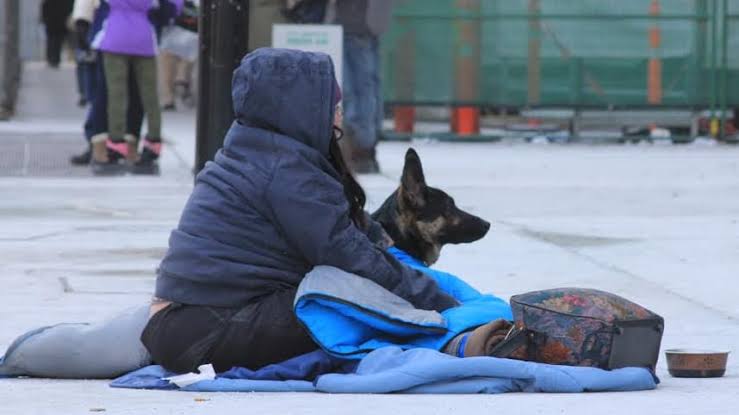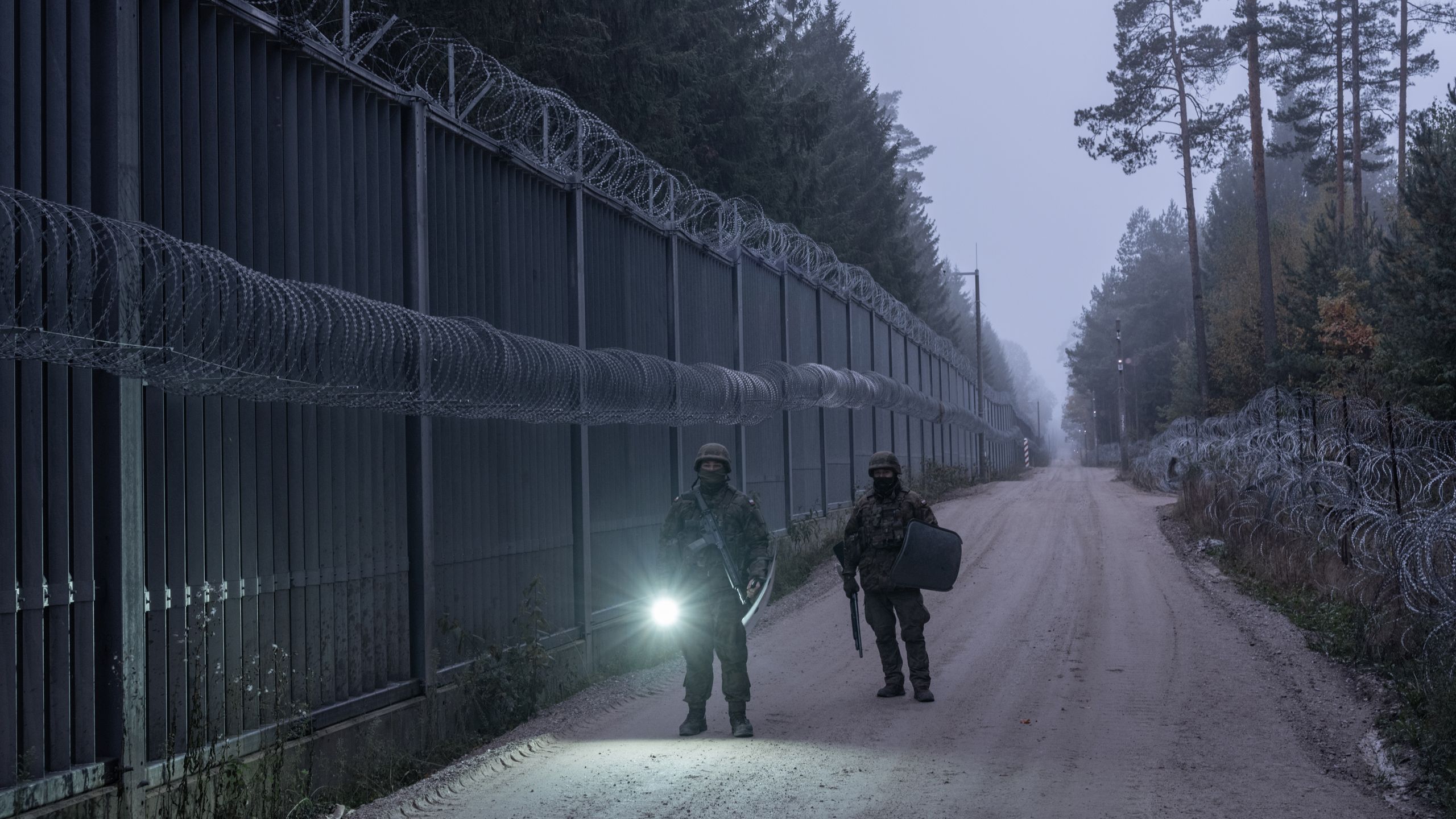Photo credit: CBC
A new 36-bed detox space has been established in downtown Toronto.
CTV News reports that although the centre essentially helps homeless patients, it’s open to anyone who needs to get clean. There are private and shared rooms, a kitchen with cooked meals and several lounges to play cards or watch the television.
The space offers individual and group therapy, with addiction counsellors and nurses on the cloak 24 hours a day. after losing so much of yourself to get there and I
Withdrawal Management Services, operated by Unity Health Toronto, is free and funded by the Ministry of Health.
Josh Orson, a peer support worker at the site, said, “When you come to the door here, you’re given a sense of dignity and hope after losing so much of yourself to get there, and I think that’s really important.
“The space here suggests what you can become rather than where you’re at, which I felt the former space was more like where you’re at. It’s an optimistic space.”
Although the withdrawal centre opened a few weeks ago, it began operating in the summer. Its 36 beds were filled very quickly, and it remains full, said Dr Irfan Dhalia, a physician at St. Michael’s Hospital and the vice-president of clinical programs at Unity.
Spots open up frequently because the program is designed for short-term residential stays. Dhalia said the demand is further proof of a severe shortage of detox beds across the province.
Illicit fentanyl emerged in Ontario about a decade ago as the opioid crisis spread slowly eastward from British Columbia. Opioid overdose deaths spiked soon after.
Last year, nearly 2,600 Ontarians died from drug toxicity, the vast majority due to fentanyl alone or fentanyl in combination with other drugs like benzodiazepines. That is a 50 per cent increase in deaths from 2019.
The crisis prompted the provincial government to shift its approach to an abstinence-based model fundamentally. It is set to close 10 supervised consumption sites, including five in Toronto. The authorities say the spots are too close to daycare and schools.
The province will launch 19 new “homelessness and addiction recovery treatment – or HART – hubs, plus 375 highly supportive housing units at a planned cost of $378 million.
The overdose crisis has hit the homeless population particularly hard.
Through gangs and organized crime, opioids have found their way into every nook and cranny in Ontario, from big cities such as Toronto and Ottawa to remote, fly-in First Nations in the north and everything in between.
The problem is serious in downtown Toronto, particularly in the area near the withdrawal centre, where several shelters and services for those without homes are also located







